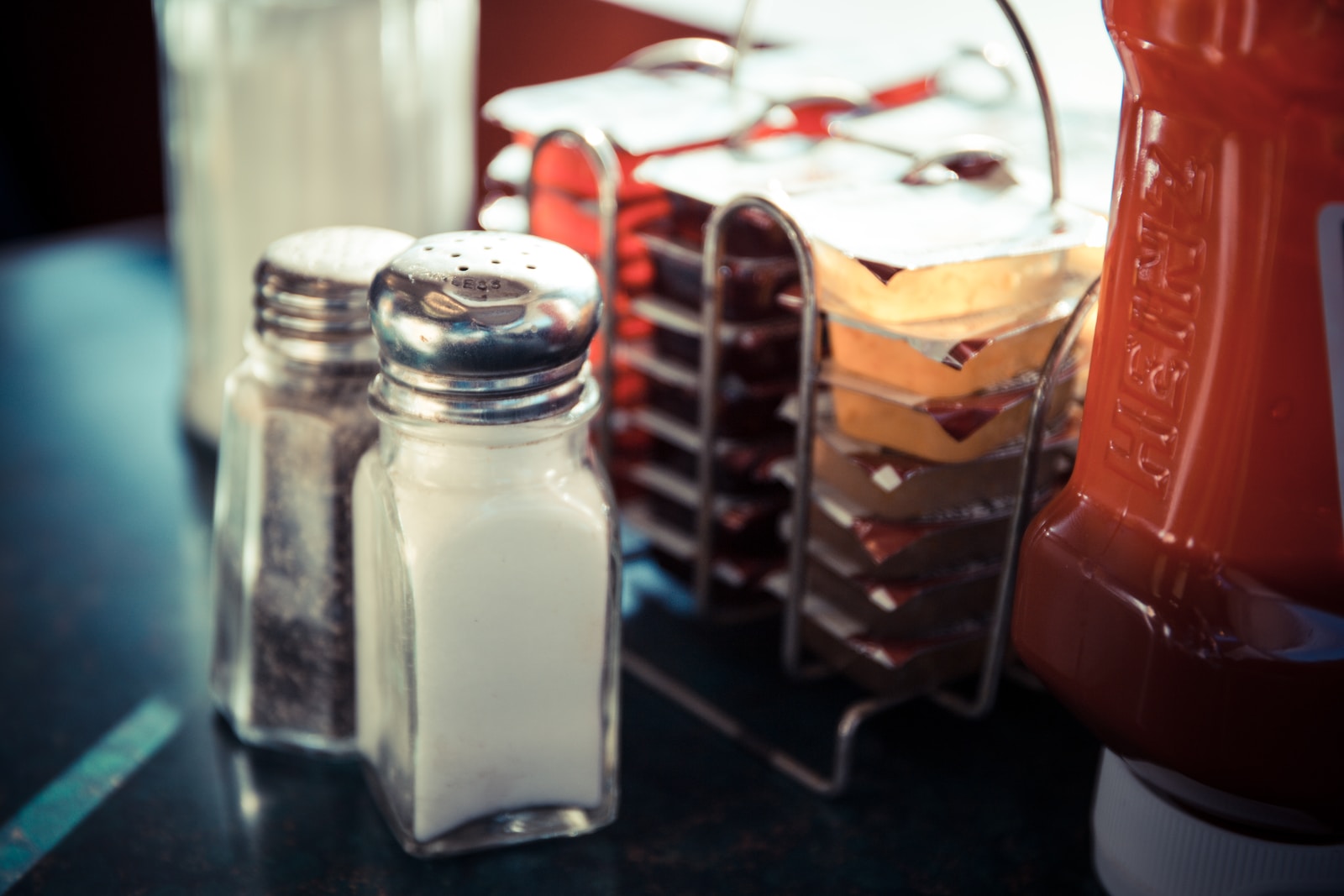Reduce salt and lower blood pressure
Excessive salt consumption leads to an increase in blood pressure levels.
A combination of experimental studies on animals, epidemiological studies, controlled clinical trials and population studies has been carried out on the reduction of salt consumption. These studies have shown a strong relationship between salt consumption and blood pressure. An even stronger connection exists between organ damage and salt consumption. Randomized clinical studies with a placebo control group have shown that a reduction in salt consumption, from an initial daily quantity of 180mmol (about 10.5g of salt per day) to 80-100mmol (about 4.7-5.8g of salt per day), lowers blood pressure by about 4-6mmHg. It was estimated that a universal reduction in daily salt consumption of 50mmol could lead to a 50% reduction in the number of people requiring antihypertensive treatment, a 22% reduction in deaths caused by stroke, and a 16% reduction in deaths by coronary heart disease.
According to data from the Italian National Institute of Research for Food and Nutrition (INRAN), the average Italian adult consumes about 10g of salt (corresponding to about 4g of sodium) a day; about ten times the required daily amount. A reduction in daily salt consumption can happen through the decrease in salt ingested discretionarily (by decreasing the amount you add to foods) or through a decrease in salt ingested non-discretionarily (by choosing foods that contain less salt). Your diet should therefore be balanced, healthy, varied, with a low quantity of salt added to foods and low in sodium rich foods. Not all of your daily salt consumption comes from kitchen salt added to dishes; most of it in fact comes from salt hidden in store bought foods. Bread and baked goods (biscuits, crackers, breadsticks, snacks and breakfast cereal) are typically rich in salt, cereal derived foods in particular being the greatest source of salt consumption. These are foods that we consume every day and in greater quantities than processed meat, cheese and French fries, which contain the greatest quantities of salt in absolute terms, but are rarely part of an everyday diet.
Experts also warn us to beware of other substances containing sodium, hidden behind names like sodium glutamate (the main ingredient in stock cubes), sodium benzoate (present in sauces, condiments and margarine) and sodium citrate (used to enhance the taste of desserts, gelatins and certain beverages).
AMICOMED strongly believes in the importance of an appropriate diet. Discover the program tailored for your needs by a team of professionals who can help you follow a healthy diet and carry out the physical activity you need. Let’s start lowering your blood pressure together.
Scientific articles below:
- Increased Epithelial Sodium Channel Activity Contributes to Hypertension Caused by Na+-HCO3− Cotransporter Electrogenic 2 Deficiency (Hypertension. 2015 May 4. pii: HYPERTENSIONAHA.115.05394. [Epub ahead of print]) http://hyper.ahajournals.org/content/early/2015/05/04/HYPERTENSIONAHA.115.05394.reprint
- Expansion of the National Salt Reduction Initiative A Mathematical Model of Benefits and Risks of Population-Level Sodium Reduction (Med Decis Making. 2015 Apr 29. pii: 0272989X15583846. [Epub ahead of print]) http://mdm.sagepub.com/content/early/2015/04/29/0272989X15583846.abstract
- Blood pressure and sodium: association with MRI markers in cerebral small vessel disease (Journal of Cerebral Blood Flow & Metabolism advance online publication 22 April 2015; doi: 10.1038/jcbfm.2015.64) http://www.nature.com/jcbfm/journal/vaop/ncurrent/full/jcbfm201564a.html
- Effect of sodium restriction on blood pressure of unstable or uncontrolled hypertensive patients in primary care (Nutr Res Pract. 2015 Apr;9(2):180-185) http://synapse.koreamed.org/DOIx.php?id=10.4162/nrp.2015.9.2.180
- The Significance of Duration and Amount of Sodium Reduction Intervention in Normotensive and Hypertensive Individuals: A Meta-Analysis (Adv Nutr. 2015 Mar 13;6(2):169-77)
http://advances.nutrition.org/content/6/2/169.long


